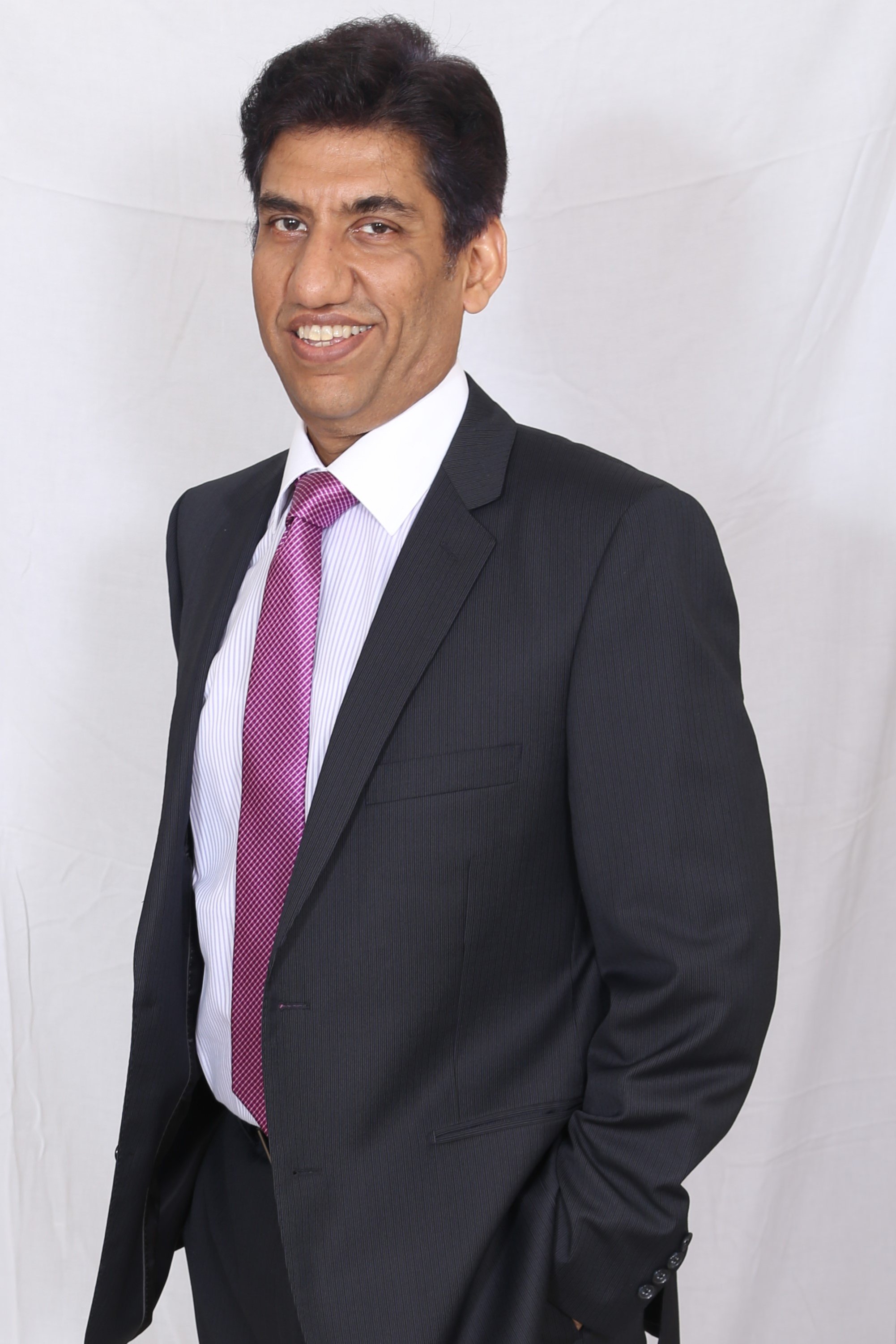Q1 What is the most valuable career advice you can give to people just starting out?
Learn & Adapt. It is learning and adaptation which is more valuable over the lifetime of a person rather than any knowledge or training they have received as part of their degrees and certificates. Learn what your current job requires, learn what are your strengths, learn where the World is moving and where your strengths can place you in a good position. Adapt to the changing World by learning the new skills required which you well-placed to acquire given your strengths.
Q2 What is the biggest challenge facing leaders today?
The challenge to leaders has always been about the uncertainties the future holds. However, that uncertainty has increased manifold in recent years and the social, technological and environmental triggers are going to increase even more in the next couple of decades.
Q3 How do you ensure your organization and its activities are aligned with your “core values”?
An organization is made up of its people. The only way to ensure that the organization is aligned to the “core values” is to make sure that the people entering the organization already hold these fundamental values. One cannot hire a person who holds different values and then make them adhere to the “core values”. Yes, once a person holds the foundational values they can be trained to learn how to implement them in more sophisticated ways to specific situations. Again, that has to be done not through verbal communication but through actions.
Q4 Where do the great ideas come from in your organization? Do you encourage junior members to be creative and share business ideas with senior management?
Great ideas can come from anywhere, not only employees, but customers or vendor-partners as well. If the organization and its leadership is conversing freely with other stakeholders, the other stakeholders will feel encouraged to share ideas. But for that first the leadership must proactively be seen doing the same. If you share ideas which might benefit other stakeholders freely then you will see them doing the same to you.
Q5 Can you name a person who has had a tremendous impact on you as a leader? Maybe some one who has been a mentor to you? Why and how did this person impact your life?
The greatest people who could mentor you need not be around you physically. Warren Buffett, Charles Munger, Benjamin Graham & Richard Feynman are people I look up to. They have been virtual mentors. The greatness of these mentors lies not only in their philosophy in investing, but also in how to lead a meaningful life. The wisdom of Munger about how the world works and how you can use models from various key fields of knowledge to lead your life has had a very important effect. Buffett’s wisdom on a hands-off style of leadership through very high-level goal-setting and leaving the rest to the person has been very useful. Most important, Buffett has never been seen popularly as an entrepreneur, but he was an entrepreneur and his way of conducting business has been very critical in shaping my own entrepreneurial ventures.
Q6 Tell me about a time you struggled with work-life balance. How did you solve the problem?
There is nothing there to solve it. If you have work-life balance problems, then it means that in the past you have probably not focused on the part which is pulling you more now and creating problems. Suppose it is work which is commanding more time and effort. Most likely it is because you have been negligent in the past. Or it could in Life; then the same applies for life. So for the next few weeks and months you have to devote much more time and effort there and bring it back in balance. After that if you have always handled things on time the Urgent will disappear from you to-do list and only the Important will remain. Then you control it through planning ahead and a time table with about 20% free time for unplanned exigencies and creative thinking.
Q7 Have you made unpopular decisions like firing employees and reducing compensation levels? What do you do to keep employee motivation enact after such actions?
Unpopular decisions are part of the responsibility. Someone has to do the dirty work (not to be confused with unethical). A surgeon’s job is to excise the part which can cause further damage. It has to be done and it is usually good for everyone involved.
Q8 As leaders do you create work environments that are more competitive or collaborative in nature?
My belief is completely on the side of collaborative work environments. You have to compete with organizations, not within the organization.
Q9 How do you get buy in from senior management and board on your business ideas?
Any new idea has difficulty in being accepted. The way to bring up a new idea is by sharing the background knowledge with all beforehand. Once they all have seen and digested the same background knowledge, usually it is not difficult to propose the new idea which is arising naturally out of that background. Acceptance of the new idea is then usually not difficult once the logic is shared backed by extensive research and data.
Q10 How to increase employee productivity? Do you invest in their wellbeing?
Most important, referring back to Buffett, is to choose the right personnel, assign the end-goal and leave the person to achieve it. Be clear to let them know that you are available for detailed discussions and handholding if required. An employee who feels in charge is the most productive employee. You don’t have to monitor him or her.
Investing in their well-being is more from a mentoring perspective. Exposing them to ways of becoming their better selves is how it is done.


